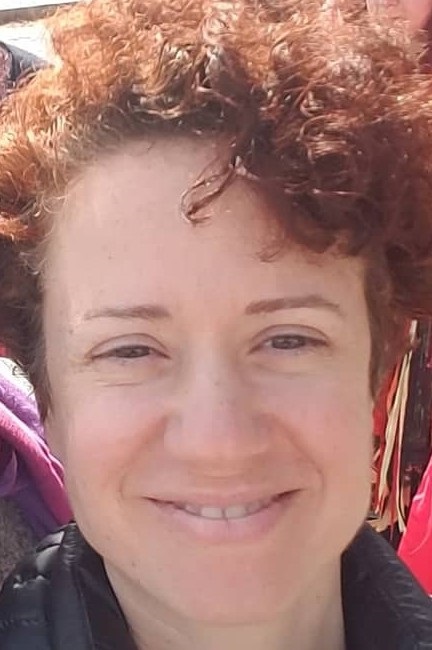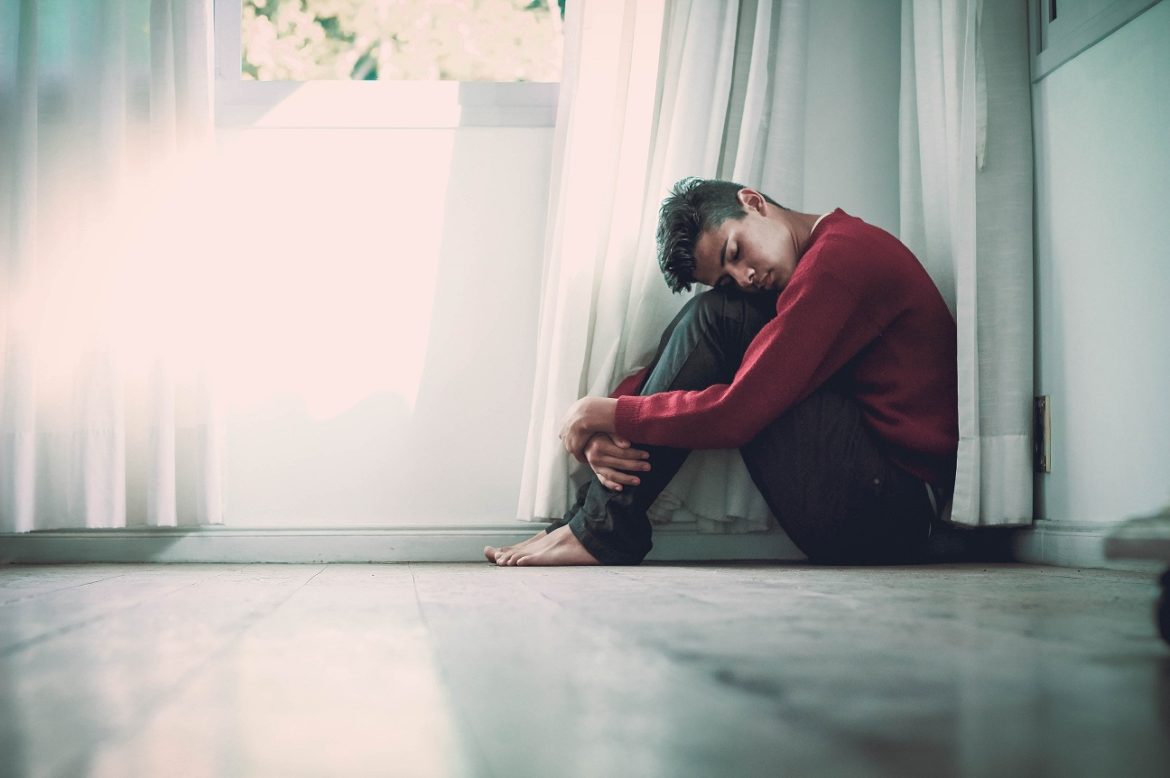![]() Firearm sales have increased exponentially during COVID-19. More guns in the home increase the risk of youth access to firearms. In Michigan alone, a suicide occurs every 13 hours, and access to firearms increases the likelihood of suicide completion by 85%. Unintentional shooting deaths by children increased by 30% nationally March through May of 2020 compared to the same time period averages for 2018 and 2019.
Firearm sales have increased exponentially during COVID-19. More guns in the home increase the risk of youth access to firearms. In Michigan alone, a suicide occurs every 13 hours, and access to firearms increases the likelihood of suicide completion by 85%. Unintentional shooting deaths by children increased by 30% nationally March through May of 2020 compared to the same time period averages for 2018 and 2019.
As a psychiatric nurse practitioner this raises grave concerns for mental health and the public health crisis of gun violence. Locally in Washtenaw County, Michigan, I am a survivor fellow with Everytown for Gun Safety working with the local chapter of Moms Demand Action to get out voter information about gun sense candidates who are willing to work toward common-sense gun laws such as red flag laws, which temporarily remove firearms from individuals in crisis, and background checks for all weapons.
After losing my son Jonah to firearm suicide in 2016, I speak with groups (temporarily online) about why safe storage bills, such as Ethan’s Law in Connecticut, are crucial in the fight against teen suicide. In a world where teens are more isolated and having to manage multiple stressors that are new to all of us, in homes that are increasingly saturated with guns, we have an escalation of the public health crisis of suicide as teenage suicides rise nationally. In a Centers for Disease Control and Prevention survey in June of this year, one in four 18- to 24-year-olds had contemplated suicide in the last 30 days.

Gwendolyn La Croix
I am currently gathering information in talking with the Washtenaw County Sheriff’s Department and local community activists — both to get out information on safe storage and also to try to build a gun violence intervention program. An example of such programs is outreach in local hospitals to those who have been victims of gun violence, to break the perpetuation of these crimes that can snowball through misinformation.
Listening to the reports of the Oct. 26 shooting death of Wallace Walter Jr. in Philadelphia took me back to the night my African-American son killed himself, when I was afraid to call the police in our predominantly white rural area because my bipolar child had found a knife and had accidentally hurt me with it when I was trying to de-escalate the situation. Instead, I left him alone while I got stitches at the local hospital.
He had access to the gun my ex-husband, unbeknownst to me, had left in a drawer in the hallway closet, and he killed himself one month after his 17th birthday. My future discussions with the Washtenaw County Sheriff’s department will include necessary education for our local police forces about mental health emergencies.
Defunding the police has been twisted to suggest that we do not care about the safety of our communities. We want more funding, instead, for mental health interventions, de-escalation and social services in our communities, so that we have faith when we call the police that guns being drawn is not the first step in talking to our community members.
For more information on mental health, go to JJIE Resource Hub | Mental Health and Substance Use Disorders
In my job as a psychiatric nurse practitioner, I frequently speak to parents who are worried about their autistic children as they age: not being understood by peace officers who misinterpret their behavior as refusing to follow directions and being aggressive, instead of the autistic behavior profile of difficulty receiving social cues; and being overwhelmed by new information into actions that may seem aggressive to the untrained.
We all have a role in this country to make our communities safer and more tolerant. The Constitution was made at a time when citizens had to be armed in order to repel British colonialism. The founding fathers could not have foreseen school shootings or the social situations we find ourselves in in the 21st century.
As Thomas Jefferson wrote: “I am not an advocate for frequent changes in laws and Constitutions. But laws and institutions must go hand in hand with the progress of the human mind. As that becomes more developed, more enlightened, as new discoveries are made, new truths discovered and manners and opinions change, with the change of circumstances, institutions must advance also to keep pace with the times. We might as well require a man to wear still the coat which fitted him when a boy as civilized society to remain ever under the regimen of their barbarous ancestors.”
Gwendolyn La Croix is a psychiatric nurse practitioner who practices in Monroe County, Michigan, and has been in mental health care for nine years, currently teaching part-time through Wayne State University. She is a survivor fellow with Everytown for Gun Safety, and the city gun violence lead in the Washtenaw chapter of Moms Demand Action.

Great article. Thank you Gwen.